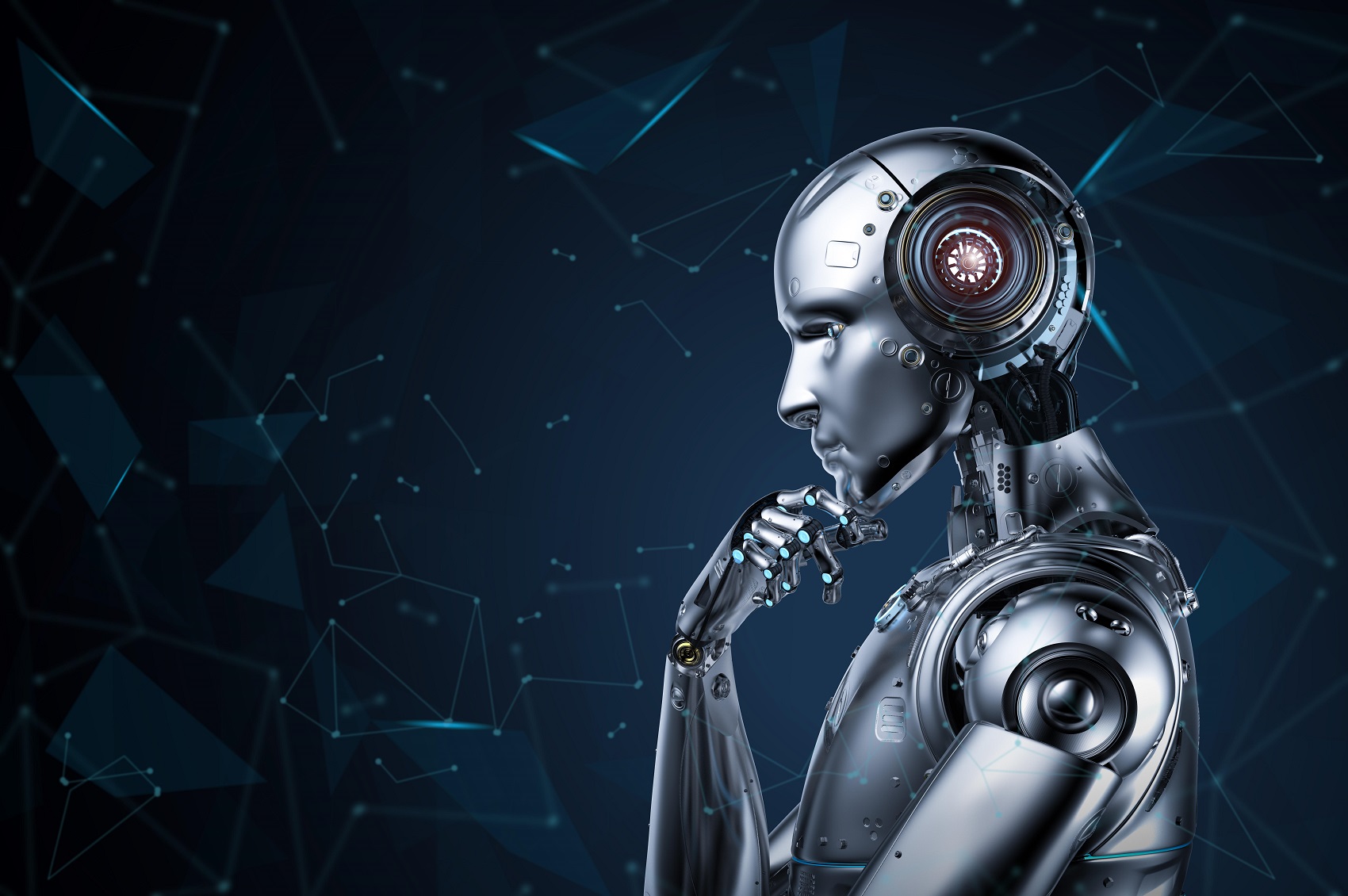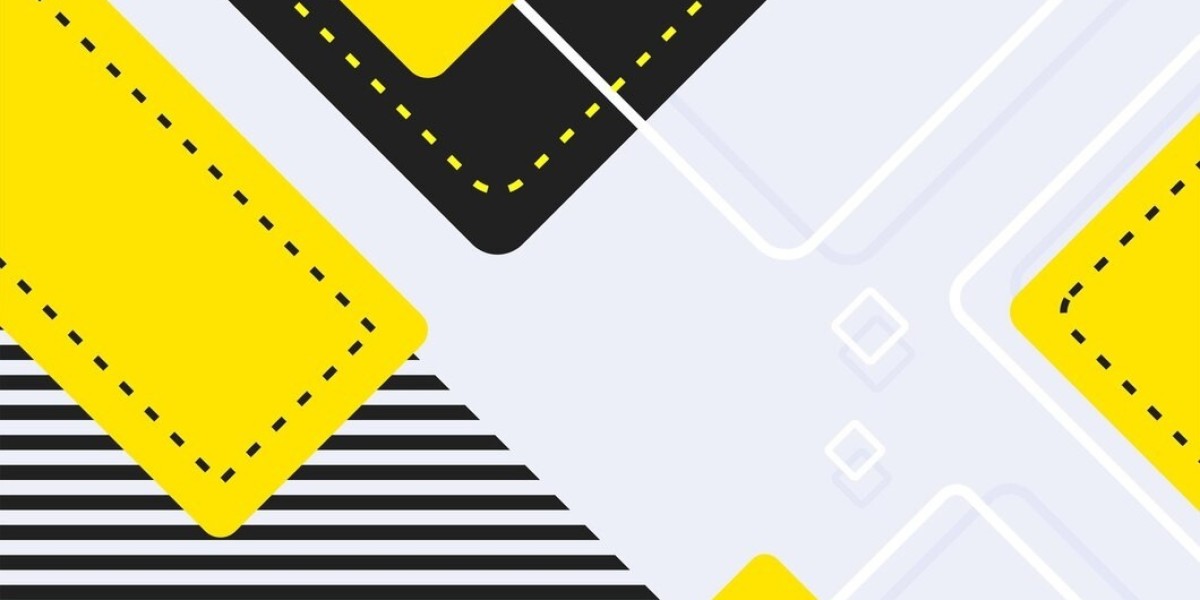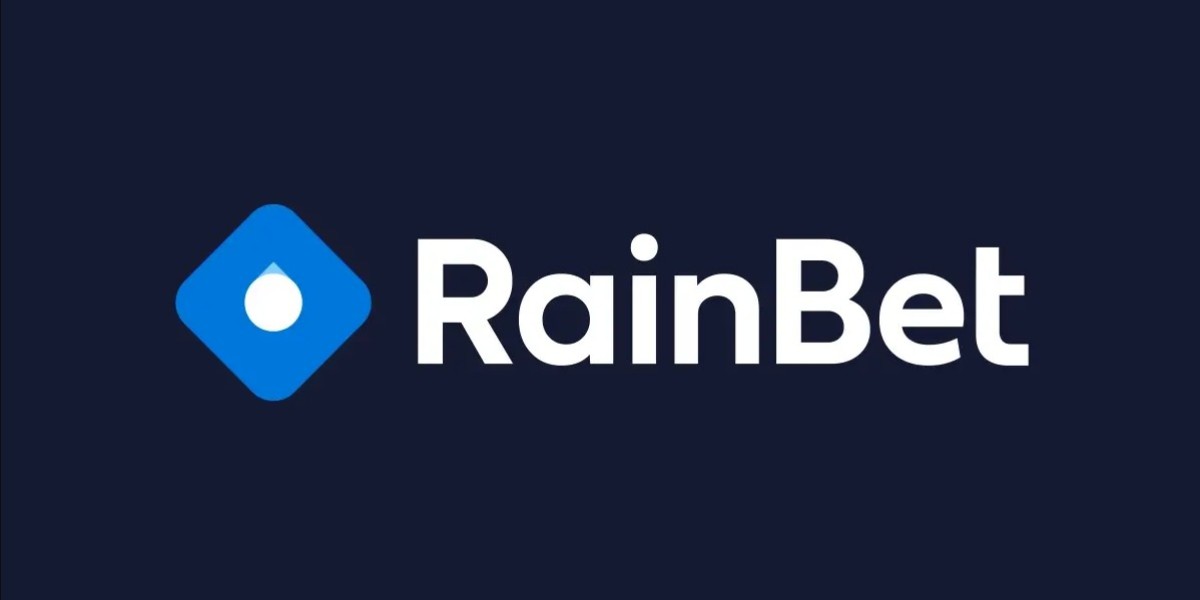
Artificial Intelligence (AI) is revolutionizing education while making discovering more accessible however also stimulating disputes on its effect.
While students hail AI tools like ChatGPT for improving their learning experience, speakers are raising issues about the growing dependence on AI, which they argue fosters laziness and undermines academic stability, specifically with numerous trainees unable to safeguard their tasks or given works.
Prof. Isaac Nwaogwugwu, a lecturer at the University of Lagos, in an interview with Nairametrics, expressed frustration over the growing dependence on AI-generated reactions among students recounting a recent experience he had.
RelatedStories
Avoid sharing personal details that can identify you with AI tools- Expert alerts
Chinese AI app DeepSeek sparks global tech selloff, challenges U.S. AI dominance
"I gave a project to my MBA trainees, and out of over 100 trainees, about 40% sent the specific very same answers. These trainees did not even understand each other, but they all used the same AI tool to generate their responses," he said.

He noted that this trend is widespread amongst both undergraduate and postgraduate students however is specifically concerning in part-time and distance knowing programs.
"AI is a major difficulty when it comes to assignments. Many students no longer believe critically-they just go on the internet, generate responses, and send," he included.
Surprisingly, some lecturers are also accused of over-relying on AI, setting a cycle where both teachers and trainees turn to AI for benefit rather than intellectual rigor.
This dispute raises vital concerns about the role of AI in scholastic integrity and student development.
According to a UNESCO report, while ChatGPT reached 100 million monthly active users in January 2023, only one nation had launched regulations on generative AI since July 2023.
Since December 2024, ChatGPT had over 300 million people utilizing the AI chatbot each week and 1 billion messages sent every day all over the world.
Decline of scholastic rigor
University lecturers are significantly worried about trainees sending AI-generated assignments without genuinely understanding the material.
Dr. Felix Echekoba, a speaker at Nnamdi Azikiwe University, expressed his concerns to Nairametrics about trainees progressively counting on ChatGPT, only to deal with addressing basic questions when checked.
"Many trainees copy from ChatGPT and submit refined tasks, however when asked standard concerns, they go blank. It's disappointing due to the fact that education is about learning, not just passing courses," he stated.
- Prof. Nwaogwugwu pointed out that the increasing variety of superior graduates can not be entirely credited to AI however admitted that even high-performing students use these tools.
"A first-class student is a superior student, AI or not, however that doesn't mean they don't cheat. The advantages of AI may be peripheral, however it is making trainees dependent and less analytical," he said.
- Another speaker, Dr. Ereke, surgiteams.com from Ebonyi State University, raised a various issue that some speakers themselves are guilty of the very same practice.
"It's not simply students using AI lazily. Some lecturers, out of their own laziness, produce lesson notes, course outlines, marking schemes, and even exam questions with AI without examining them. Students in turn utilize AI to produce responses. It's a cycle of laziness and it is killing genuine learning," he lamented.
Students' viewpoints on usage
Students, on the other hand, say AI has enhanced their learning experience by making academic materials more easy to understand and available.
- Eniola Arowosafe, a 300-level Business Administration trainee at Unilag, shared how AI has significantly assisted her knowing by breaking down complex terms and supplying summaries of lengthy texts.
"AI helped me understand things more quickly, specifically when handling complex subjects," she described.
However, she remembered an instance when she used AI to send her project, just for her speaker to instantly acknowledge that it was generated by ChatGPT and reject it. Eniola noted that it was a good-bad effect.
- Bryan Okwuba, who recently graduated with a first-rate degree in Pharmacy Technology from the University of Lagos, strongly believes that his scholastic success wasn't due to any AI tool. He attributes his impressive grades to actively interesting by asking concerns and focusing on areas that lecturers stress in class, as they are often shown in test concerns.
"It's everything about being present, taking note, and using the wealth of understanding shared by my associates," he said,
- Tunde Awoshita, bio.rogstecnologia.com.br a final-year marketing student at UNIZIK, admits to occasionally copying directly from ChatGPT when dealing with multiple deadlines.
"To be honest, there are times I copy directly from ChatGPT when I have several deadlines, and I know I'm guilty of that, many times the speakers don't get to check out them, but AI has also assisted me discover quicker."
Balancing AI's function in education
Experts believe the service lies in AI literacy; mentor trainees and speakers how to use AI as a knowing aid instead of a faster way.
- Minister of Education, Dr. Tunji Alausa, highlighted the combination of AI into Nigeria's education system, stressing the significance of a balanced method that keeps human participation while harnessing AI to enhance discovering outcomes.
"As we browse the rapidly evolving landscape of Artificial Intelligence (AI), it is vital that we prioritise human agency in education. We must ensure that AI improves, instead of replaces, educators' crucial role in shaping young minds," he stated
Dorcas Akintade, a cybersecurity improvement specialist, resolved growing concerns concerning the usage of synthetic intelligence (AI) tools such as ChatGPT and their prospective dangers to the instructional system.
- She acknowledged the benefits of AI, nevertheless, highlighted the need for care in its use.
- Akintade highlighted the increasing resistance among educators and schools toward incorporating AI tools in discovering environments. She determined 2 main reasons that AI tools are discouraged in instructional settings: security risks and plagiarism. She explained that AI tools like ChatGPT are trained to respond based upon user interactions, which may not align with the expectations of educators.
"It is not taking a look at it as a tutor," Akintade stated, describing that AI does not accommodate specific teaching techniques.
Plagiarism is another problem, utahsyardsale.com as AI pulls from existing data, typically without appropriate attribution
"A lot of people require to comprehend, like I stated, this is information that has actually been trained on. It is not just bringing things out from the sky. It's bringing information that some other people are fed into it, which in essence indicates that is another person's documents," she cautioned.
- Additionally, Akintade highlighted an early problem in AI development referred to as "hallucination," where AI tools would produce info that was not factual.
"Hallucination indicated that it was bringing out information from the air. If ChatGPT could not get that information from you, it was going to make one up," she discussed.
She advised "grounding" AI by offering it with particular information to avoid such errors.
Navigating AI in Education
Akintade argued that banning AI tools outright is not the option, especially when AI provides an opportunity to leapfrog standard instructional techniques.
- She believes that consistently enhancing crucial information helps individuals keep in mind and avoid making mistakes when faced with obstacles.
"Immersion brings conversion. When you inform people the exact same thing over and over once again, when they will make the mistakes, then they'll keep in mind."
She likewise empasized the need for clear policies and treatments within schools, noting that numerous schools should address individuals and procedure elements of this usage.
- Prof. Nwaogwugwu has actually turned to in-class tasks and tests to counter AI-driven scholastic dishonesty.
"Now, I generally use tasks to ensure trainees offer initial work." However, he acknowledged that handling big classes makes this technique tough.
"If you set complex questions, students will not be able to use AI to get direct answers," he explained.
He emphasized the need for universities to train speakers on crafting examination questions that AI can not quickly resolve while acknowledging that some lecturers battle to counter AI misuse due to a lack of technological awareness. "Some lecturers are analogue," he said.
- Nigeria released a draft National AI Strategy in August 2024, concentrating on ethical AI advancement with fairness, openness, accountability, and personal privacy at its core.
- UNESCO in a report requires the regulation of AI in education, advising organizations to investigate algorithms, data, and outputs of generative AI tools to ensure they satisfy ethical requirements, protect user data, and filter unsuitable content.
- It worries the need to assess the long-term impact of AI on important abilities like believing and creativity while creating policies that line up with ethical frameworks. Additionally, UNESCO recommends carrying out age restrictions for GenAI usage to secure more youthful students and safeguard susceptible groups.
- For federal governments, it advised adopting a collaborated national method to controling GenAI, including developing oversight bodies and aligning regulations with existing data protection and personal privacy laws. It highlights evaluating AI threats, imposing stricter guidelines for high-risk applications, and guaranteeing national data ownership.









